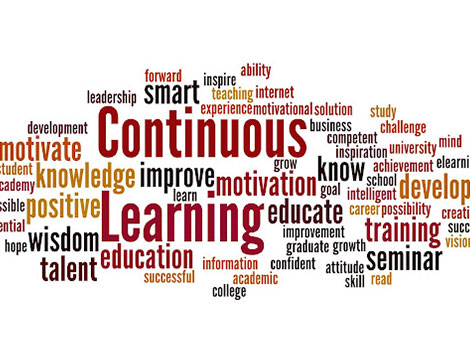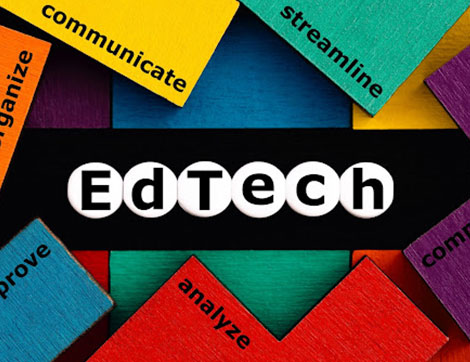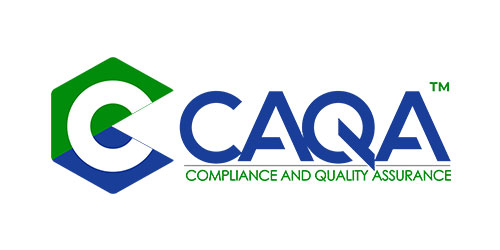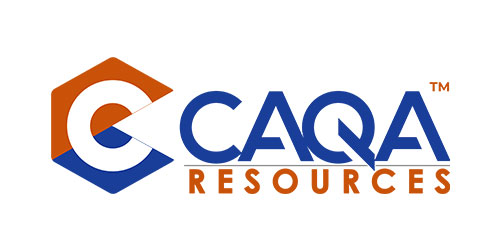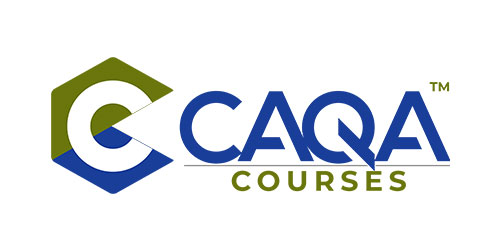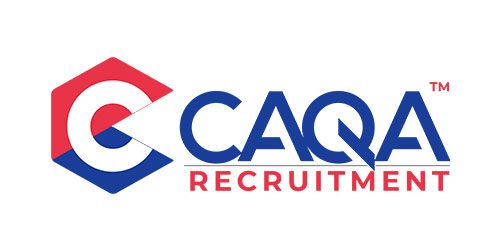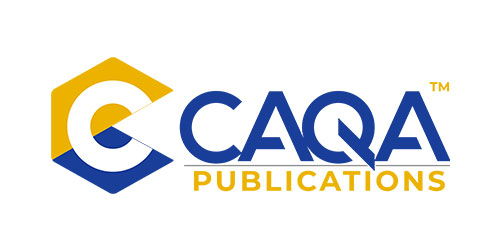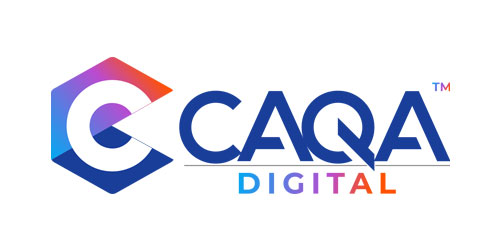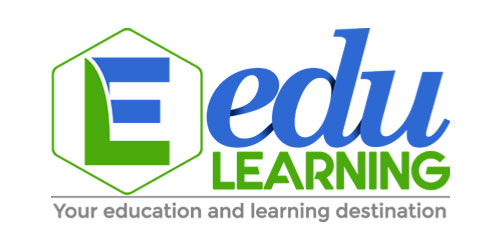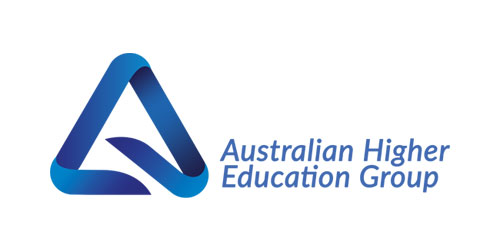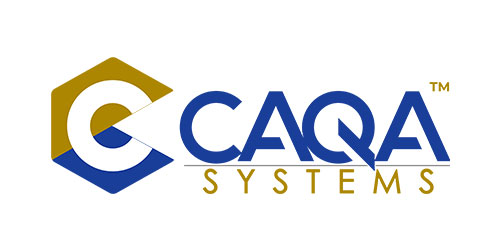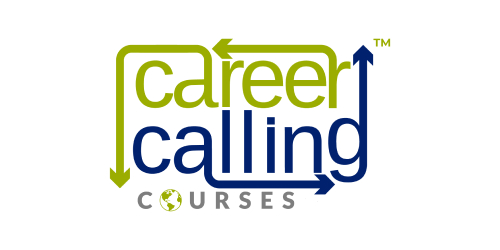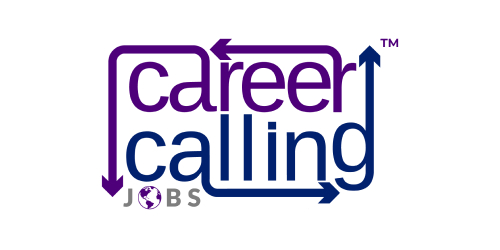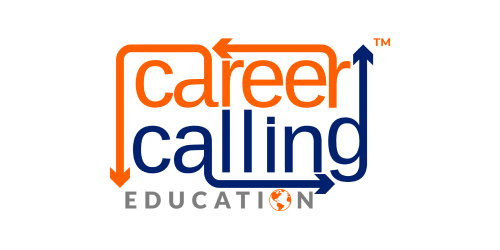
News
Online learning is continuing to gain popularity with people seeking to learn new skills and train in the comfort of their homes. With the rapid advancement in technology, it has become easier for students to learn online compared to traditional classrooms.
The main features of high-quality online learning are convenience and flexibility. The courses can be self-paced by simply registering via an app or website, lessons are delivered at a user’s own pace, there are no deadlines set by teachers, and students can engage with other learners around the world for mutual support.
High-quality online learning is not just for education but also for professional development or personal enrichment. For example, language learners can study using audio-visual materials on their smartphones or on the computer while on the go.
High-quality online learning is about providing students with the best possible educational experience. High-quality online learning comes with a lot of benefits. It is a good way for students to learn at their convenience and in a more effective manner.
High-quality online learning is the delivery of content through various digital media. These include webinars, podcasting, video-conferencing, social media platforms, and e-learning platforms.
Webinars are an effective way to deliver content to groups of people without the costs associated with other modes of delivery like video conferences. Webinars can be delivered in real-time or recorded for later viewing/downloading. They are also better suited for remote classrooms where there are students that might not be able to attend face to face sessions.
Podcasts are personal experiences that bring people closer to their favourite artists and content creators. They allow for a more intimate experience than some people enjoy while some may find it dull and boring. Podcasts also often have a better audio quality than other types of audio such as videos, making them easier to consume.
Some features that come with online learning include:
- access anywhere,
- anytime – students can work on coursework from anywhere in the world;
- self-paced – students have the freedom to work at their own pace;
- more economical – It can be more affordable than traditional course options
- flexible schedule – they can study on their own schedule and fit it around their busy personal or professional lives;
- personalised curriculum – teachers customise courses based on the student’s needs and preferences.
What are the features of high-quality online learning?
Online learning has been touted as the best way to advance your skills at low cost and convenience. But with the rapid growth of online learning, quality has also become an important concern.
High-quality online learning is able to provide a more personalized learning experience with the help of adaptive tools and personalised support. It also helps students by providing them with content that is specific to their needs and interests, such as field-specific courses, self-paced workbooks, and anytime/anywhere access.
Here we have included a list of features of high-quality online learning
- The use of new technologies to deliver content in a more interactive and engaging manner.
- The use of adaptive learning based on data such as performance, personalisation, progress tracking, self-assessment tools etc.
- Support for working professionals by adapting content to their needs – such as adapting content for beginners or those with specific knowledge sets.
- The use of gamification to make the process more enjoyable and engaging
- An emphasis on dynamic communication, prescriptive feedback loops, and adaptive content.
- Options to offer immediate feedback to the learners
- Learners interact with peers and instructors in small groups
- Learners can choose courses that they like based on their interests and level of knowledge
- Learners can select tutorials that are relevant to them based on their needs and making learners more engaged by providing them with relevant content that is relevant to their needs and interests.
- Providing multiple opportunities for learners to interact with each other and share their experiences, questions, and opinions.
- Providing learners with a personalised experience so they can learn from a broad range of individuals around the world who have different backgrounds and expertise.
- Creating a nurturing space where learners feel safe to ask questions or seek help from experienced mentors or peers in a community setting or through social media channels such as Facebook groups or Twitter chats
- Have a continuous learning experience that adapts to each individual.
- Digital content, which gives you an opportunity to access the materials anytime and anywhere (online or offline) via tablets, laptops or desktops.
- Learners can earn certificates or other achievements that can be used in their resumes or LinkedIn profiles
- Learner autonomy, which means that you will be given the appropriate amount of freedom to learn at your own pace according to what you need.
These features are meant to provide an engaging experience for students by including multimedia, rich content, and interactive activities.
 1800 961 980
1800 961 980 info@careercalling.com.au
info@careercalling.com.au


